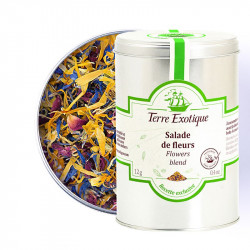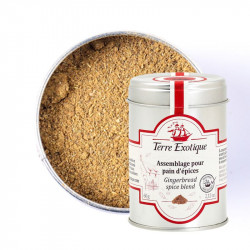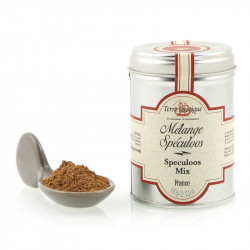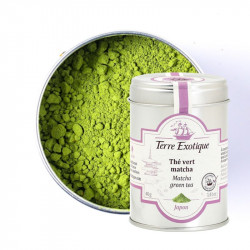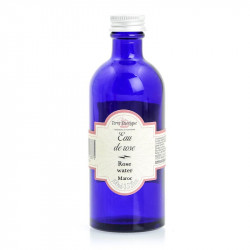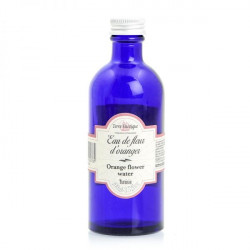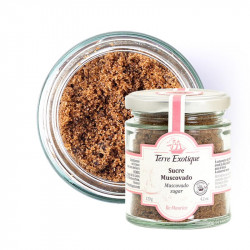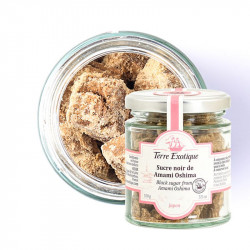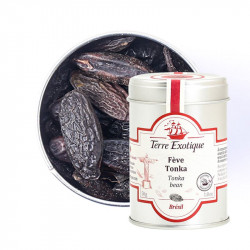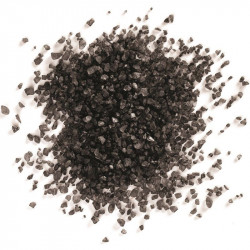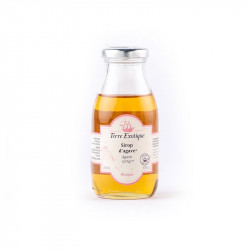A Mail deliveries
Order by 4 pm = delivery the next working day.
Free delivery
From CHF 100 purchase
-
MenuBack
-
Online Store
-
-
-
- Couverture
- Temperature control units
- Aids for chocolate
- Chocolate molds
- Praline fillings
- Chocolate ingredients
- Praline hollow body
- Chocolate colors
- Chocolate tattoos
- Chocolate packaging
- Bean to Bar
- Material for cutting chocolates
- Batons with Kirsch
- Airbrush for chocolate
- High Heels Accessories
- Textured films for chocolate
- Chocolate fountain & fondue
-
-
-
-
-
- Cakes Fillings & Ingredients
- Fondant & Marzipan
- Cakes tools
- Cake rings
- Silicone molds
- Decorative mats
- Baking pans for cakes
- Cake stand
- Cakes packaging
- Airbrush for cakes
- Sugar flowers accessories
- Cake Topper & Wedding Figurines
- Cakes dummies
-
-
-
-
-
-
-
-
-
-
-
-
-
-
-
-
-
-
-
-
-
-
-
- Baking chocolate
- Glucose & Sorbitol
- Cocoa beans
- Cocoa nibs
- Monin syrup
- Champagne & Alcohols
- Freeze dried fruits
- Cake & cake glaze
- Flours & baking ingredients
- Chocolate coating & chocolate
- Milk powder
- Granules
- Nuts & Nougat
- Fruit puree
- Creams & Fillings
- Egg yolk & egg white
- Fruit powder
- Special ingredients
- Fondant & Flower Paste
-
-
-
-
-
-
-
- Punching, cutting & embossing
- Mixing bowls & whisks
- Chocolate material
- Thermometer & Burner
- Gloves & Protective Material
- Smoothing & Modeling
- Roll out bar
- Dough scraper & horn
- (Flour) sieves
- Brushes & Tweezers
- Cake turntable
- Spatula & Spatula
- Silicone embossing molds
- Insert strips & cake slices
- Measuring cup
-
-
-
-
-
-
-
-
-
-
-
-
-
-
-
Schablonen & Stencils
-
-
-
-
-
-
-
-
-
-
-
Courses
-
-
- Current courses
- Praline courses
- Chocolate courses
- Chocolate kiss course
- Macaron courses
- Cake courses
- Baking courses
- Patisserie courses
- Ice cream course
- Guetzli, Cookie & Confectionery Courses
- Bread courses
- Pasta courses
- Apéro course
- Cooking courses
- Cupcakes courses
- Éclair course
- Courses in Zurich - Adliswil
- Children's courses
-
-
- Team Events
- Hen Night
- Retail Store
-
About Us
-
-
-
DirectionsDownload relevant PDF now.
-
-
-
Recipes blog
-
-
Recipes Blog
-
-
-
Shipping and Payment
-
List of products by brand Terre Exotique
Delicious and noble spices are grown on small, traditional plantations around the world. At Terre Exotique, these high-quality spices are purchased sustainably and fairly and made available to all interested parties.
There are 38 products.
Active filters
Terre Exotique goes, as the name aptly describes, to foreign countries in search of small plantations and special spices. Each spice carries a very special flavour and differs in intensity and aroma from others of its kind, depending on the location and conditions of cultivation. Years ago, the founder of the company was so fascinated by the diversity of pepper alone that he made the search for and distribution of spices his life's work.
As a child, Erwann de Kerros travelled with his father to countries far away from his home and was able to get to know plants, cultures and people there. Today, he is still an enthusiastic traveller and does not miss the opportunity to undertake several journeys by boat and on foot every year. He visits working partners and also new places, where he is particularly interested in local markets and small plantations, always on the lookout for new spices or well-known species with a unique taste. Coffee is often grown near the spice plantations, so some selected locations also supply this to the shop.
The main customers are restaurants and other catering establishments, because there the huge variety of flavours is invaluable. However, the high-quality and diverse spices are also to be made available to amateur cooks and bakers, leading to new experiments and more varied cuisine. To date, over 50 peppers and 450 other spices have found their way into the Terre Exotique range.
Commitment to quality
Pepper is the founder's great passion, and for good reason. As it is a very common spice for most people, its variety of tastes and its wide range of uses are often forgotten. But here too, as with wine or chocolate, there is an entire line of research that is leading the way in defining classification criteria and quality standards for Grand Cru pepper. Pipérology, as it is called in French, is taught at the school of Terre Exotique and consists of many different disciplines. In addition to botany and gastronomy, geography, ethnology and history are also part of the course at l'École de Poivre, where mainly experts from the gastronomy sector and partners of Terre Exotique expand their knowledge.
There is also a lot of tasting here. As with wine and chocolate, there is a vast array of terms that can be used to describe a pepper as accurately as possible. At the beginning, a grain of pepper is judged by its appearance, then it is smelled and only at the end is it classified in terms of taste. For example, the note (smoky, menthol-like), the intensity (pungent, burning) and the taste profiles (sour, bitter) are determined.
Such efforts guarantee the quality of the pepper sold. Terre Exotique is also involved in other areas, such as environmental protection, nature conservation and development aid.
Commitment to the people
The top priority in the cooperation is mutual respect. Many plantations are rather remote and the people who work on them have their own traditions and customs. These are always respected by Terre Exotique. For example, on some plantations the pepper is harvested during a traditional festival.
Long-term partnerships are also of great importance and are the basic building block for sustainable development promotion. Terre Exotique shares a lot of knowledge about agronomy, logistics and legislation with the producers, who in turn show how their crops are harvested and processed during on-site visits. Terre Exotique is also involved in local projects and provides teaching aids, exercise books and other school materials.
Child labour and forced labour are still a sad reality in many countries, but they are actively combated. With fair wages and further training, independence and security are promoted.
Commitment to the environment
With the selection of producers, Terre Exotique already has a great responsibility towards nature. During the journeys to find new producers, the type of production is also examined. Only spices from responsible sources are purchased, and Terre Exotique actively accompanies the producers on their way to organic cultivation. In addition to cultivation, production also includes various other processes such as drying, fermenting and sorting. All this requires a lot of space and resources, and often entire forests are cut down. As a result, the local flora and fauna suffer greatly. Plants introduced by humans can also spread. Terre Exotique is therefore involved in various projects to protect local biodiversity, including combating deforestation and the spread of non-endemic plants.
Other problems are packaging waste and long transport routes, which are unavoidable, especially with exotic spices. Harvested at the right time and, if necessary, dried, fermented or otherwise processed, the spices are shipped in recyclable packaging whenever possible. They find their way from the production site to France by ship.
With EOLE, Terre Exotique is helping to develop one of the most advanced and sustainable means of transport. With a converted 18-metre-long ship, up to 5 tonnes of spices can be transported per trip. This is less than conventional means of transport, but since it is possible to sail in the Red Sea and the southern hemisphere in autumn and winter, and in the northern hemisphere and the Mediterranean in summer, the ship will be in use all year round and will still be able to transport a huge amount of the valuable cargo to its destination in a sustainable way. First voyages have already been made and the crew returned with a fully loaded ship.
The products of Terre Exotique
With a lot of commitment, Terre Exotique tries to make the world a little better, whether in nature, in society or in the kitchen. By buying their products, you too can support this development and create delicious treats. For example, we offer organic rose and orange water, which can be used for cosmetic purposes as well as for flavouring. If you mix rose blossom water into the vanilla cream and orange blossom water into the sugar icing, you can create wonderfully oriental cream cakes.
The salts from Hawaii are also special. There, the salt is extracted from a pool of water with other, previously well-cleaned "ingredients", the latter are then sieved again. Black salt gets its colour and taste from the addition of lava rock, red salt tastes slightly nutty thanks to alae, a red clay. Of course, we also offer various spices for those who like to bake, and there are also special types of sugar. While muscovado sugar, an unrefined sugar containing a lot of molasses, adds a caramel note to your baked goods, pop sugar takes you right back to your childhood. From tonka bean to nut pastes to salt, there's something here for everyone!

